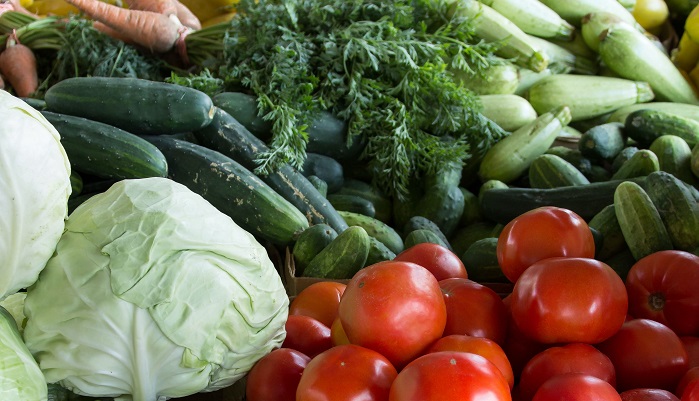Conducting an economic analysis in the field of climate change in the tourism, beef, fruits and vegetables sectors. July results.

Wheat cultivation on rainfed lands in the Bazar-Korgon district of the Jalal-Abad region
13.07.2020
GIZ Project «Improving the productivity of rainfed lands in the Bazar-Korgon district of the Jalal-Abad region»
03.09.2020Conducting an economic analysis in the field of climate change in the tourism, beef, fruits and vegetables sectors. July results.

Experts of PA «Agrolead» are at the stage of completing the economic analysis. The real challenge for the analysis was the pandemic, in which there were difficulties in organizing and holding meetings with major business players and other stakeholders. Preliminary analysis shows that the tourism sector was hit hardest by the pandemic. According to representatives of the Tourism Associations, a large number of travel operators have closed and it is predicted that by the end of the year about 50% of travel agencies and operators will be closed forever. The pandemic also hit hotels, lodging houses, restaurants hard. It is noted that in 2019 the total number of foreign guests who visited Kyrgyzstan amounted to 8.5 million people and income from them amounted to about $ 600 million. Due to the pandemic, the borders were closed and the flow of tourists and guests stopped. And although we have a lot of local tourists, the main income from local tourism came only from recreational tourism in Issyk-Kul. It can be concluded that the tourism sector has been suffered badly by the pandemic. The Department of Tourism under the Ministry of Culture of the Kyrgyz Republic is trying to help the tourism business. Coordination councils were created under the Department of Tourism, which included members of Tourism Associations (Association of Mountain Tourism, HoReCa, etc.), as well as councils at the regional level, where key problems and possible solutions for them are discussed. It is hoped that with the end of the pandemic, the business will be able to recover its work and catch up. Smaller losses were incurred by the livestock and early vegetables sector, as demand for food reduced, but has not disappeared due to the pandemic.
